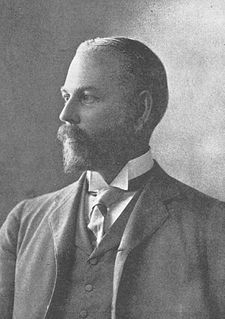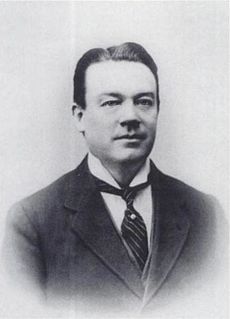A Quote by Edward Sapir
One of the glories of English simplicity is the possibility of using the same word as noun and verb.
Quote Topics
Related Quotes
Saw you walking barefoot taking a long look at the new moon's eyelid later spread sleep-fallen, naked in your dark hair asleep but not oblivious of the unslept unsleeping elsewhere Tonight I think no poetry will serve Syntax of rendition: verb pilots the plane adverb modifies action verb force-feeds noun submerges the subject noun is choking verb disgraced goes on doing now diagram the sentence
Whatever one wishes to say, there is one noun only by which to express it, one verb only to give it life, one adjective only which will describe it. One must search until one has discovered them, this noun, this verb, this adjective, and never rest content with approximations, never resort to trickery, however happy, or to vulgarism, in order to dodge the difficulty.
Hyacinth,” Lady Bridgerton said in a vaguely disapproving voice, “do try to speak in complete sentences.” Hyacinth looked at her mother with a surprised expression. “Biscuits. Are. Good.” She cocked her head to the side. “Noun. Verb. Adjective.” “Hyacinth.” “Noun. Verb. Adjective.” Colin said, wiping a crumb from his grinning face. “Sentence. Is. Correct.
A true noun, an isolated thing, does not exit in nature. Things are only the terminal points, or rather the meeting points of actions, cross sections cut through actions, snapshots. Neither can a pure verb, an abstract motion, be possible in nature. The eye sees noun and verb as one, things in motion, motion in things.
The Word 'Repulse': I hate this word. I believe 'repel' is a perfectly good word, and 'repulsion' is the noun, as well as the title of an excellent Dinosaur Jr. song. A compulsion compels you; an impulse impels you. Nobody ever says 'compulse' or 'impulse' as a verb. So why would you ever say 'repulse'? This word haunts me in my sleep, like a silver dagger dancing before my eyes. Renee looked it up and I was wrong. But I still kind of think I'm right.
In a language as idiomatically stressed as English, opportunities for misreadings are bound to arise. By a mere backward movement of stress, a verb can become a noun, an act a thing. To refuse, to insist on saying no to what you believe is wrong, becomes at a stroke refuse, an insurmountable pile of garbage.





































